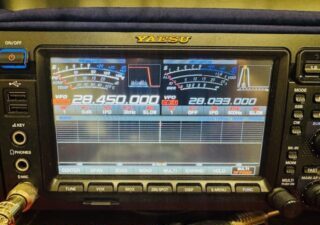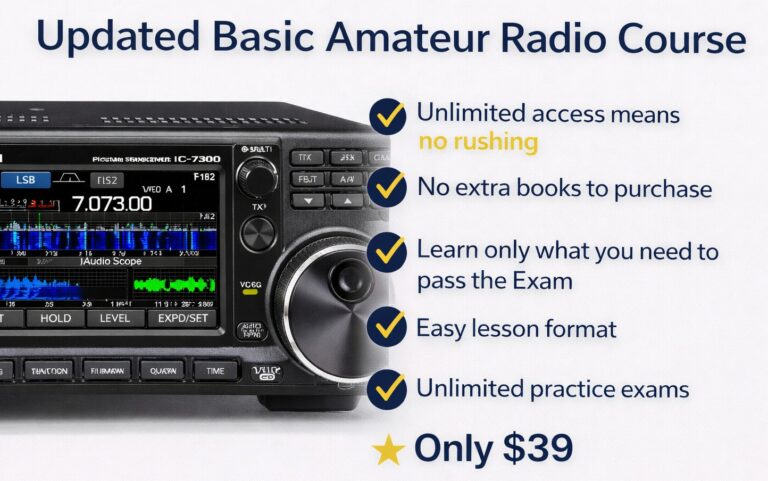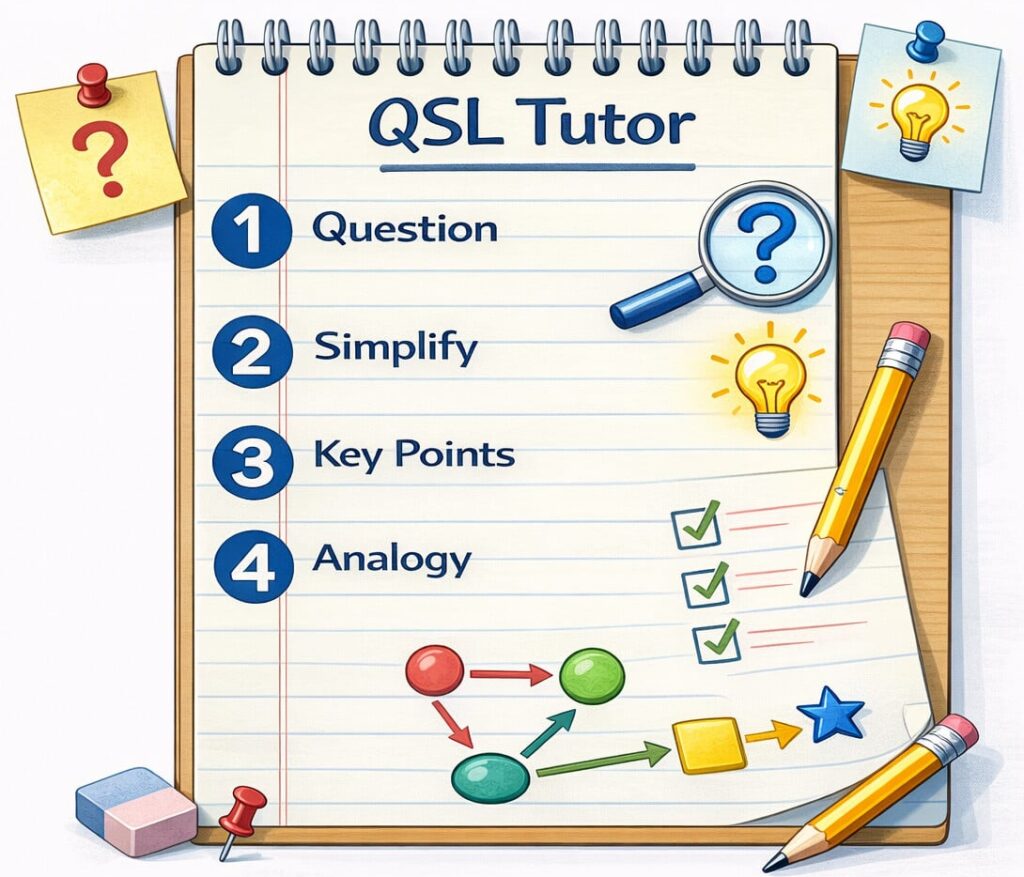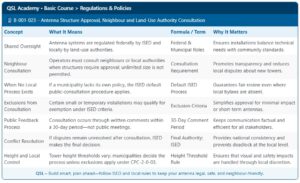Canadian Amateur Radio Basic Course
Online Exam Preparation
Get Your Basic Amateur Radio Certification
The QSL Academy Basic Course follows a clear, structured pathway aligned with the official ISED examination process. Here’s how you can get your Basic Amateur Radio certification in Canada:
- Register and begin studying immediately
- Work through lessons based on the official ISED Question Bank
- Complete quizzes and practice exams
- Write the official ISED Basic exam with an Accredited Examiner
- Receive your Canadian amateur radio callsign

Amateur Radio Basic Course Details
The new Course is updated to the latest official ISED Basic Question Bank and structured specifically to prepare students for the Canadian Amateur Radio Basic examination.
Hamshack.ca has served the Canadian amateur radio community since 2020, facilitating thousands of equipment sales and supporting new operators across the country. The QSL Academy Basic Course was developed by Don Rosberg, VE7DXE, and is built on real-world amateur radio operating experience combined with extensive experience creating structured online learning programs designed to make technical concepts clear and accessible.
The QSL Academy Basic course was developed to provide a structured, affordable pathway into amateur radio without the confusion often associated with traditional study materials.
This comprehensive online course includes everything required to earn your Basic certification with confidence. All study material is provided online — no additional textbooks or outside materials are required — helping students save up to $100 compared to traditional classroom-based offerings.
The course is fully self-contained — no extra books to buy, no deadlines, and no time pressure. Students progress at their own pace, confirming comprehension through lesson quizzes and section exams before attempting the full Practice Exam. When practice scores consistently reach 80% or higher, students are well prepared to schedule their official ISED Basic examination.
To simplify the licensing process, Hamshack.ca works directly with Gary Skett, VE7AS — an Accredited Examiner and experienced in-person course provider. Students may contact Gary to arrange the Basic examination online for a nominal fee of $20, making the final step toward licensing straightforward and accessible.
More Features
Straightforward Lesson Explanations
Written in plain-language designed to simplify even the most technical topics. Each lesson focuses on what you actually need to know for the exam, without unnecessary complexity or filler.
Answers Embedded Directly in the Lesson
Learn the official exam content the smart way, with correct answers integrated naturally into every topic. This lets you absorb the right information instantly while building strong recall for the real test.
Interactive Quizzes for Every Lesson
Interactive quizzes reinforce your understanding as you progress through the course. Each lesson includes a short quiz to help lock in key concepts and identify areas that need review. Once all lessons in a section are complete, you’ll take a Section Quiz, which consolidates the lesson quizzes into a single review.
After completing all sections, you’ll move on to the Practice Exam — a full 100-question exam that rolls up material from the entire course and follows the same format and style as the official ISED Basic Exam. Every attempt builds confidence, reduces test anxiety, and helps ensure you’re fully prepared on exam day.
Final Exam Dry Runs
A complete 100-question practice exam prepares you for the structure and difficulty of the official ISED Basic Exam. Scoring 80% or higher consistently means you’re ready to book your on-line exam with Gary (ve7as@shaw.ca) .
QSL Essentials Tables
Real Ham Radio Gear Photos
Images from Hamshack.ca Buy & Sell listings help you recognize actual radios, antennas, and other equipment covered in lessons. This real-world connection makes the material more practical and memorable.


Introducing the QSL Tutor
Quizzes and exams include an interactive Quiz Tutor that helps students understand technical concepts such as basic electronics, circuits and calculations by explaining why answers are correct. It is especially useful for theory-based topics where understanding matters more than memorization.
For regulations and policy topics, the Quiz Tutor is used as a supporting reference only, with the official lesson content remaining the primary source.

Basic Amateur Radio Course
hamshack.ca QSL Academy-
No monthly subsription, means no rushing
-
Unlimited Access to the QSL AI Quiz Tutor
-
Study anytime, anywhere on any device
-
ISED Exam Answers embedded in lessons
-
Learn only what you need to pass the Exam
-
Track your progress as you complete the lessons
-
Real-world radio gear shown to aid understanding
-
QSL Essentials Study Table Study Cards
-
Unlimited 'Dry-Run' Practice Exams
-
Take your Final ISED Exam On-line
Advanced Amateur Radio Course
Note: If you’ve been thinking about getting your Advanced Amateur Radio Certification, now is the perfect time to begin. ISED is expected to update the existing Advanced Question Bank soon, so starting now ensures you learn the current material with no surprises.
The QSL online Advanced Course is available for a nominal fee of $29. Click above to register.
Basic Course Graduates






